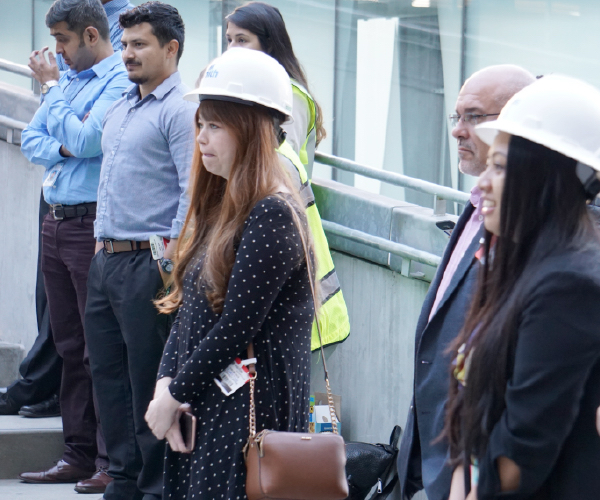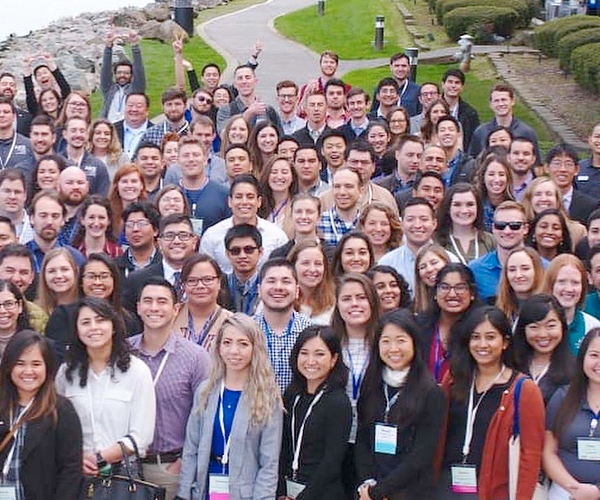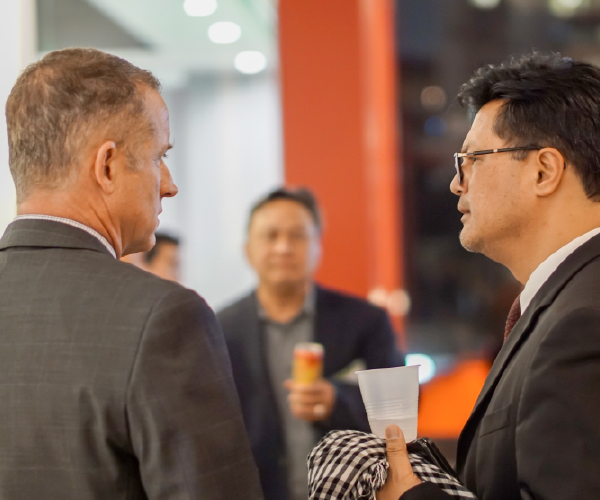Antonios Vytiniotis has a background in structural and geotechnical engineering, geotechnical earthquake engineering, and numerical analysis. He is experienced in evaluating slope stability, performing mechanical and flow-through-porous media finite element analyses and soil-structure interaction using various software such as Plaxis, Flac, Geostudio, ABAQUS, LPILE, FEFLOW and GROUP. He has worked on numerous projects in more than 20 states and multiple countries, assisting law firms, insurance companies and developers. His analyses consist of assessing soil improvement, dam safety, causation of MSE wall failures, effects of adjacent construction (such as vibrations or pile driving), soil heave or settlements, pipeline installation, water intrusion, and backfill quality.
Dr. Vytiniotis has performed research on the seismic response of pile-supported wharves, seismic slope stability, the effectiveness of prefabricated vertical drains (earthquake drains) and soil densification in reducing liquefaction risk, the effect of gravel drains in amplifying seismic accelerations, and numerical simulations of centrifuge experiments. He participates in developing the ASTM standard for design of modular stormwater collection chambers. He also has research experience in evaluating settlements in soft soils associated with staged levee construction. He has experience in using probabilities to understand seismic risk of geotechnical components. In the past, Dr. Vytiniotis gained international experience in Greece and Switzerland, and was appointed a lecturer appointment at MIT. He has been serving as a judge for the MIT Enterprise Forum Greece Startup Competition since 2015.
During his doctoral studies at MIT, Dr. Vytiniotis was a teaching assistant for a graduate-level course in advanced soil mechanics as well as a guest lecturer for a graduate-level course in soil dynamics. Dr. Vytiniotis' doctoral research, part of a multi-university and multi-disciplinary research project, focused on performing site response analyses aimed at assisting port authorities in managing their seismic risk. He collaborated with other research groups with specialty in soil-structure interaction and port operations to evaluate the effect of earthquake-induced soil deformations on failure of individual structural components by means of fragility curves and disruption of port operations.















